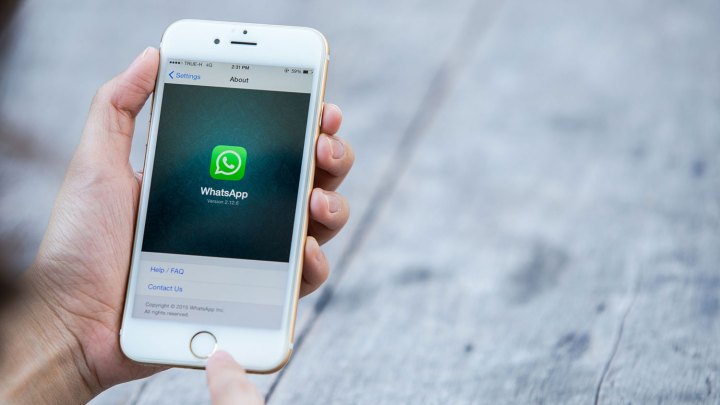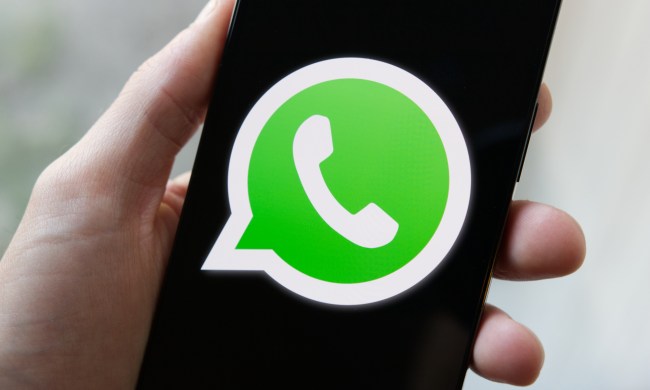
While WhatsApp won’t stop working altogether on these devices, the discontinuation of support does mean that users won’t be able to create new accounts or re-verify existing accounts any longer. Plus, the app could stop working at any point — as the platform noted, “Because we will no longer actively develop for these platforms, some features may stop functioning at any time.”
So why is WhatsApp cutting off these operating systems and devices? “These platforms don’t offer the kind of capabilities we need to expand our app’s features in the future,” the app said. But of course, it doesn’t want to lose users either. “If you use one of these affected mobile devices, we recommend upgrading to a newer OS version, or to a newer Android running OS 4.0+, iPhone running iOS 7+, or Windows Phone 8.1+ so that you can continue using WhatsApp,” the messaging service advised.
Of course, if you decide to keep your existing phone and get a new one, you won’t be able to use WhatsApp unless you uninstall the app on the unsupported device. As the platform noted, “Keep in mind that WhatsApp can only be activated with one phone number on one device at a time.”
WhatsApp is also dropping other devices, though the timeline is a bit more extended. The Nokia S40 will no longer be supported beginning December 31, 2018, while older Android devices (those older than version 2.3.7) will have their support withdrawn beginning on February 1, 2020. Alas, WhatsApp currently does not offer a tool to transfer your chat history between platforms, but if find yourself feeling particularly sentimental about your chat history, you can always export your messages as an attachment to an email.

